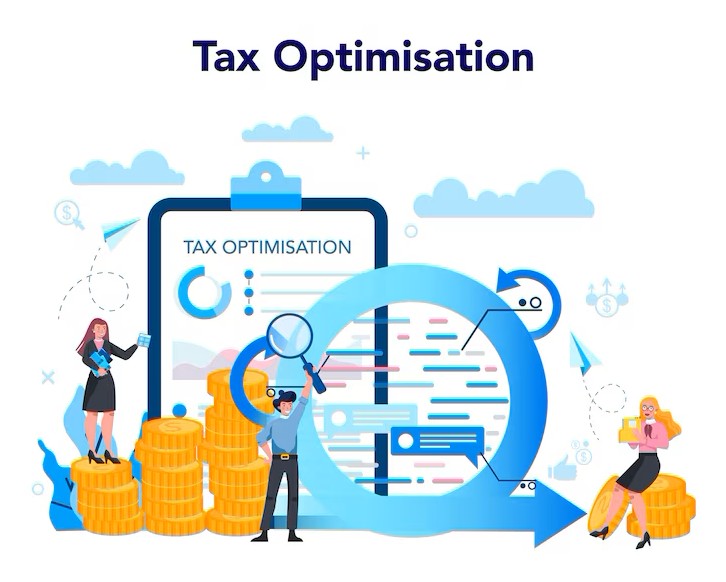For many entrepreneurs, securing the right funding is often the most critical step toward turning their business ideas into reality. Startup SBA loans are designed to alleviate some of the common financial hurdles faced by new business owners, offering not just capital but a range of supportive resources tailored to the needs of a growing business. This article explores how these loans could be instrumental in ensuring the success of your startup.
Table of Contents
Overview of Startup SBA Loans
Startup SBA loans are a category of loans backed by the Small Business Administration (SBA), a U.S. government agency dedicated to supporting the growth and development of small businesses. The appeal of SBA loans lies in their comparatively accessible terms and broader qualifying criteria, which can be particularly advantageous for startups typically viewed as high-risk by traditional banks.
Types of SBA Loans
There are several types of SBA loans that are well-suited for startups:
- 7(a) Loans: Offer up to $5 million, which can be used for property, new equipment, or as working capital.
- CDC/504 Loans: Specifically aimed at purchasing major assets such as real estate or large equipment.
- SBA Microloans: Provide up to $50,000 to help startups and small businesses get off the ground.
Each program is designed to accommodate the diverse needs of small businesses at different stages of their lifecycle.
Financial Benefits of Startup SBA Loans
Startup SBA loans come with a host of financial benefits that can ease the typical strains associated with business financing:
- Lower Down Payments: Making it easier for startups to maintain liquidity.
- Favorable Interest Rates: Compared to what might be available through traditional financial channels, these loans typically offer lower rates.
- Extended Repayment Terms: Allowing businesses better flexibility in managing their cash flow over time.
These financial arrangements mean that startups can invest more of their initial capital into critical growth areas like product development and market expansion.
Accessibility of Startup SBA Loans
Unlike traditional loans which often require robust financial histories and high credit scores, startup SBA loans are accessible to entrepreneurs who might not meet these stringent criteria. The SBA’s aim is to encourage business growth and economic development, which is why they offer:
- Flexible Credit Requirements: Focusing more on the feasibility of the business plan and the entrepreneur’s track record.
- Support for Underserved Communities: Including special terms to aid women and minority-owned startups.
This accessibility is crucial in democratizing financial opportunities and fostering diverse entrepreneurial ecosystems.
Additional Resources Provided by SBA
Beyond mere financial support, startup SBA loans come with additional non-financial resources that can be critical to a startup’s success:
- Counseling and Training: Many SBA loan programs include access to counseling and training to help new business owners navigate the early stages of business management.
- Business Planning Assistance: Helping startups to refine their business strategies and operational practices.
These resources are designed to not just sustain a business, but to help it thrive and grow.
Conclusion
Startup SBA loans offer a powerful combination of accessible capital and comprehensive business support. They can significantly lower the financial barriers typically associated with starting a business, providing entrepreneurs with the tools they need to succeed. Whether it’s through financial flexibility, educational resources, or supportive services, these loans are tailored to help startups flourish. Use sba approved platforms like Loanbud.com to quickly obtain business funding and secure the cash you need for your business.




